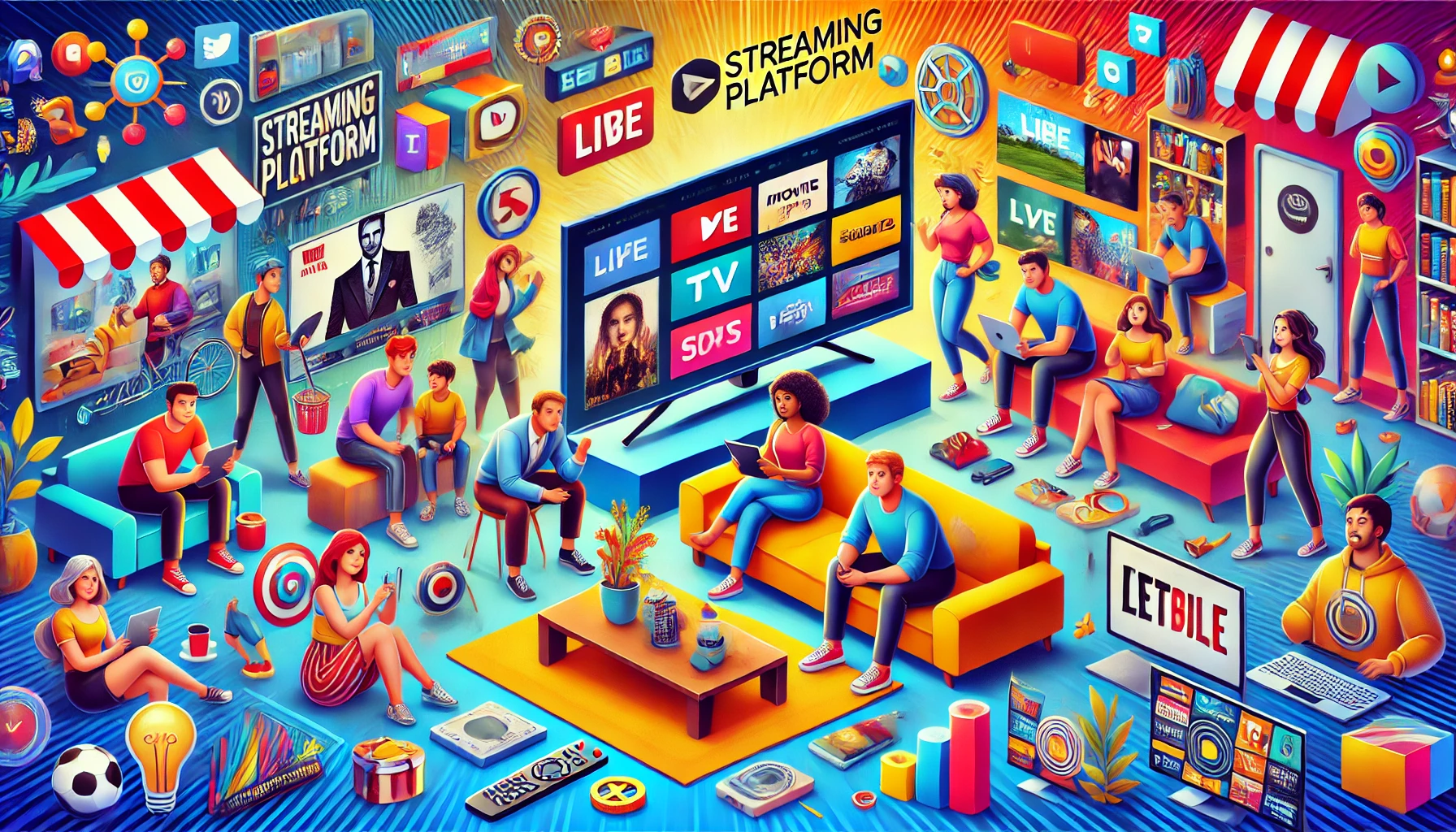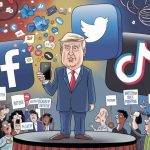Introduction
The entertainment industry has changed more in the past decade than in the previous century. With streaming platforms dominating global viewership, traditional television and cinema have had to evolve to stay relevant. Services like Netflix, Disney+, Amazon Prime, and regional platforms are transforming how audiences consume content and how celebrities build their fame.
Streaming platforms have democratized entertainment, giving independent creators and international talents a voice. At the same time, they have redefined what it means to be a celebrity in the digital era.
The Rise of Global Streaming Culture
Streaming has made entertainment accessible to anyone with an internet connection. Viewers can now watch their favorite shows anytime, anywhere, across multiple devices. This shift has forced traditional media to rethink distribution models and audience engagement.
Global platforms are investing in local content to attract regional audiences, creating a new kind of cross-cultural storytelling. Pakistani, Korean, Indian, and African shows are now gaining recognition alongside Hollywood productions.
This global exchange has made entertainment more diverse and inclusive, allowing new voices to shape the future of storytelling.
The Data-Driven Transformation of Content
Behind the scenes, streaming platforms rely heavily on artificial intelligence and data analytics. Algorithms analyze viewing habits, preferences, and trends to recommend content tailored to individual users. This personalization has kept audiences engaged for longer periods.
Data also helps platforms decide which projects to greenlight. If a particular genre or actor performs well, similar content is quickly developed to maintain momentum. This has created an entertainment ecosystem driven by analytics rather than guesswork.
However, this dependence on data has sparked debates about creativity versus algorithms. Some argue that it limits originality, while others say it helps connect audiences to what they truly want.
Redefining Celebrity in the Streaming Era
In the past, celebrity status was tied to Hollywood blockbusters or television ratings. Today, stars can rise overnight from a single hit show or viral documentary. Streaming has given actors, musicians, and influencers from every corner of the world a chance to achieve global recognition.
Platforms like Netflix or YouTube have become launching pads for careers that bypass traditional gatekeepers. Social media amplifies this fame, turning local performers into international sensations within weeks.
Yet, this rapid fame also brings pressure. Constant visibility and public scrutiny require mental resilience and digital awareness that older generations of stars never faced.
How Streaming Changed Film Economics
Streaming has disrupted the financial structure of the entertainment industry. Instead of relying on box office sales, creators now earn through licensing deals and digital viewership metrics. Subscription-based revenue models prioritize long-term audience retention over short-term profit.
For filmmakers and producers, this means creative flexibility and global reach. However, smaller cinemas and physical distribution networks have struggled to compete, especially after the pandemic accelerated digital adoption.
Still, many experts believe both models can coexist, with streaming serving as the global amplifier for new releases.
The Tech Behind the Screens
The success of streaming platforms depends on strong technology infrastructure. High-speed internet, cloud computing, and AI-powered compression systems ensure smooth streaming experiences for millions of users.
Advanced recommendation systems use machine learning to predict what users might like next, keeping engagement rates high. This constant optimization not only improves user experience but also fuels advertising and production decisions.
As technology evolves, streaming platforms are expected to integrate more immersive experiences, including virtual reality and interactive storytelling.
The Role of Social Media in Promoting Streaming Content
Social media has become a crucial promotional tool for streaming platforms. From teaser clips on TikTok to behind-the-scenes posts on Instagram, marketing strategies are now centered around virality and audience interaction.
Celebrities often engage directly with fans, sharing insights and creating online trends that boost visibility. This direct connection helps maintain loyalty while promoting upcoming projects organically.
Collaborations between influencers and streaming services have also become a major marketing trend, blurring the lines between entertainment and social engagement.
FAQs
How do streaming platforms use AI? They use AI to analyze viewer data, recommend shows, and optimize content production based on audience behavior.
Can local creators benefit from streaming? Yes, global platforms now invest heavily in local productions, offering creators worldwide exposure.
Is traditional cinema dying? Not necessarily. While streaming dominates, many filmmakers still value theatrical releases for artistic and cultural impact.
What makes streaming stars different from traditional celebrities? Streaming stars often gain fame through digital content, relying on global audiences and social media rather than regional fame.
What’s next for streaming platforms? Integration of interactive and immersive technologies like VR, along with increased regional content investment.
Conclusion
Streaming platforms have revolutionized how people consume entertainment and how celebrities are born. They have given voice to new creators, expanded global access to diverse stories, and created a data-driven entertainment culture.
As the industry evolves, the balance between creativity and technology will define its future. Streaming is not just a platform—it’s a movement that continues to reshape global culture, bringing audiences and artists closer than ever before.









